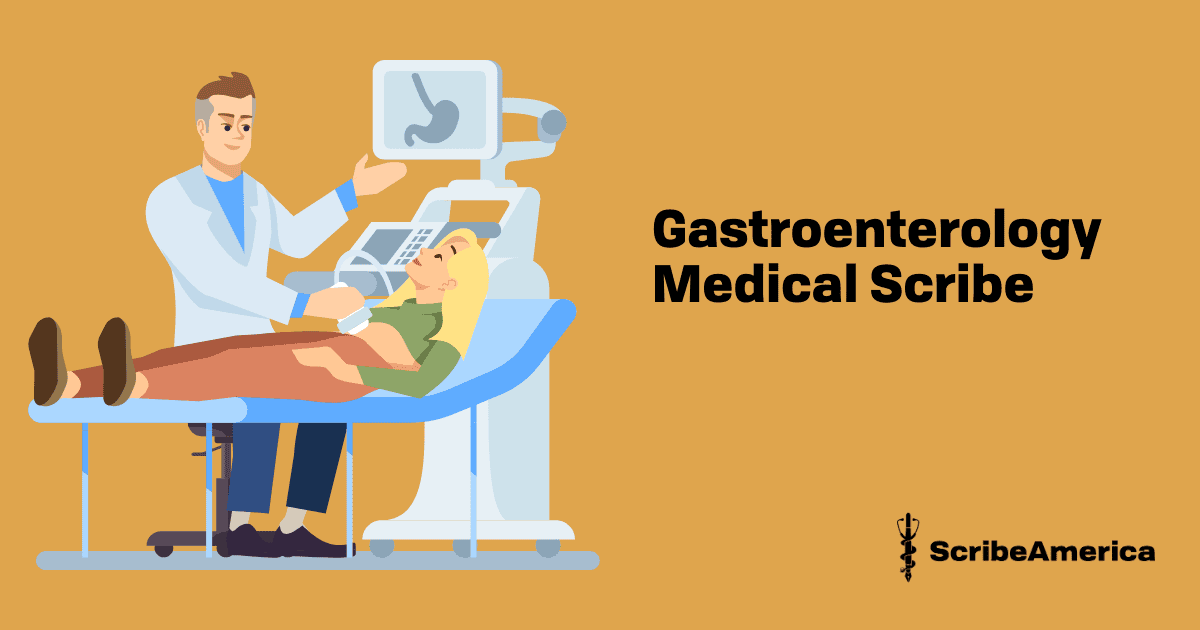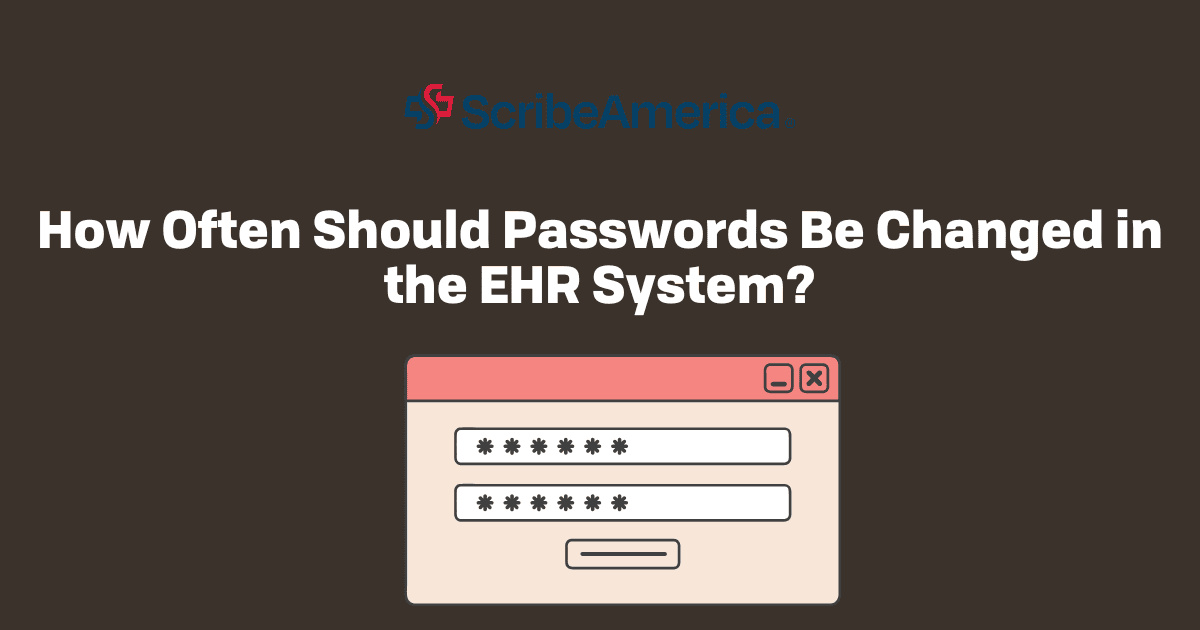Key Points
- Gastroenterology medical scribes play a crucial role in documenting patient encounters, allowing physicians to focus on patient care.
- They require a mix of medical knowledge, technical skills, and strong communication abilities to succeed in their role.
- The importance of gastroenterology scribes is expected to grow as healthcare continues to evolve.
In the fast-paced world of healthcare, efficiency and accuracy are crucial, especially in specialized fields like gastroenterology. That's where a gastroenterology medical scribe becomes indispensable, bridging the gap between the physician and the patient’s detailed medical records. Keep reading to learn more about this role!
What Does a Gastroenterology Scribe Do?
A gastroenterology scribe assists gastroenterologists by meticulously documenting patient encounters in real-time. Their presence allows physicians to focus more on patient care rather than the note-taking and record-keeping. By managing electronic health records (EHR), gastroenterology scribes ensure that every detail of the patient’s visit, from symptoms and diagnosis to treatment plans and follow-ups, is accurately captured.
Gastroenterology scribes are not merely passive recorders; they actively participate in the clinical workflow. They accompany the physician during patient examinations, documenting medical history, physical examination findings, and procedural details. This role may also extend to preparing patient charts before visits, updating records with lab results, and assisting in the coding of diagnoses and procedures for billing purposes.
Skills You Need to Become a Gastroenterology Medical Scribe
To excel as a gastroenterology scribe, you need a solid mix of medical know-how and technical prowess. Being well-versed in gastroenterology-specific jargon is key; terms like "endoscopy," "colonoscopy," "IBD," and "GERD" should roll off your tongue.
In this role, even minor errors can have serious consequences for patient care. That’s why proficiency with computers is essential, given the heavy reliance on electronic health record (EHR) systems. Swift and accurate data entry, combined with meticulous organization, is a must.
But it's not just about technical skills. You'll also need to be a people person. Interacting with patients, doctors, and other healthcare staff is all in a day's work. Being able to communicate clearly and professionally in a clinical setting is non-negotiable. Plus, with the pace of the job, being able to stay cool under pressure and manage your time wisely is a real asset.

Why Gastroenterology Medical Terminology Matters
A solid grasp of gastroenterology-specific terminology is fundamental for a gastroenterology scribe. For instance, understanding the differences between various types of endoscopic procedures - such as upper GI endoscopy and colonoscopy - and their respective indications and findings as well as recognizing terms like "NPO" (nothing by mouth), "PRN" (as needed), and "PO" (by mouth) is part of the daily job of a gastroenterology medical scribe.
Being familiar with medical abbreviations and shorthand commonly used in gastroenterology aids in efficient and accurate documentation and reduces the risk of errors.
How to Get Started as a Gastroenterology Medical Scribe
If the responsibilities of this role sound exciting and you'd like to build clinical experience, becoming a gastroenterology medical scribe can be an excellent starting point. This position offers hands-on exposure to medical documentation, terminology, and real-time workflows in a gastroenterology practice. It's also a strong first step for students preparing for medical school or anyone who wants to grow into advanced clinical or administrative roles. If you're ready to explore current openings, check out available opportunities here: Medical Scribe Careers at ScribeAmerica.
The takeaway
The role of a gastroenterology medical scribe is multifaceted and integral to the smooth operation of a gastroenterology practice.
By shouldering the burden of documentation, gastroenterology scribes allow physicians to devote more time to patient care, ultimately enhancing the quality of service provided. Possessing the necessary skills and knowledge, scribes not only improve the efficiency of the clinical workflow but also contribute to the accuracy and comprehensiveness of patient medical records. As healthcare continues to evolve, the importance of the gastroenterology medical scribe will undoubtedly continue to grow. Are you looking for a job as a medical scribe? Check our openings.
Also read: 5 reasons to be a medical scribe before med school





